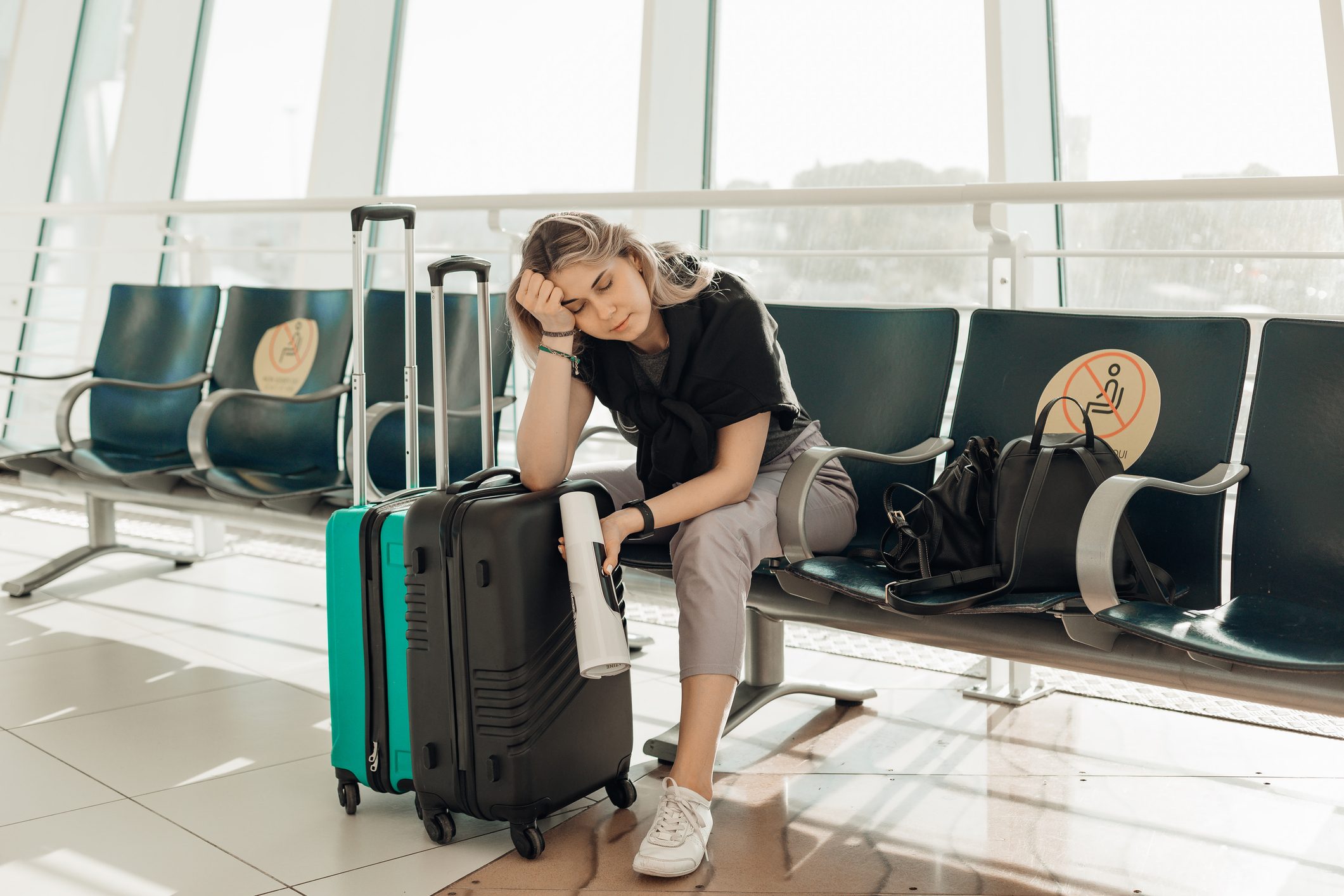Food Safety: How To Avoid Food Poisoning While Traveling
Traveling is quite an enjoyable pastime that allows you to enjoy cultures and lifestyles different from your own. They say the cuisine is one of the best parts of exploring a new culture, but sometimes this can cause problems, especially if where you're traveling to has different hygiene practices. In this article, we look into food poisoning and how to avoid it on your travels.
;Resize,width=742;)
Bad food can cause diarrhea and other diseases that can make Traveling a hellish experience even for the best explorers, which is why it is important that you know what food to take along with you and what to avoid to remain healthy.
Here are some tips that can help you get prepared for food poisoning or avoid it entirely
1. Pay close attention to the water you drink
Tap water is not safe to consume in many places, and the risk is greatly multiplied if you're going to a less developed country. If you're unsure of the water's health, take bottled water and avoid ice that may have been made from the tap water.
Depending on how bad things are, it's also not advised to buy salads or peeled fruit that could have been cleaned with contaminated water.

2. Uncooked food is not your friend
It is best to avoid foods that are eaten raw or uncooked on your travels. Hot dishes are usually safe because the heat kills the microbes; however, they thrive in warm or cold food. Ensure the food is still steaming hot when you eat it and if you plan to eat raw food, make sure you can peel or shell it yourself.
3. Dairy products can become dangerous if stored under poor conditions
These products already have live bacteria in them, and they can get spoilt easily. Give it a good sniff to make sure it's fine and before consuming, make sure that the product was properly refrigerated.

4. Beware of meat
Meat products need to be cooked thoroughly and should be steaming hot when you eat it, especially if it's street food. Make sure the meat is properly stored and not exposed to the atmosphere to avoid cases of food poisoning. If you choose to eat from a street vendor, follow the same food safety rules you would with other foods.
What to do if you get food poisoning?

Symptoms of food poisoning to look out for include:
Feeling sick (nausea)DiarrheaBeing sick (vomiting)Stomach crampsA high temperature of 38°C or above Feeling generally unwell
To combat the symptoms, take lots of rest and consume as much fluid as possible. If you feel nauseous, stick to small sips. Also, avoid fruit juices and carbonated drinks as they can worsen your stomach condition.
;Resize,width=767;)
;Resize,width=712;)
;Resize,width=712;)
;Resize,width=712;)
